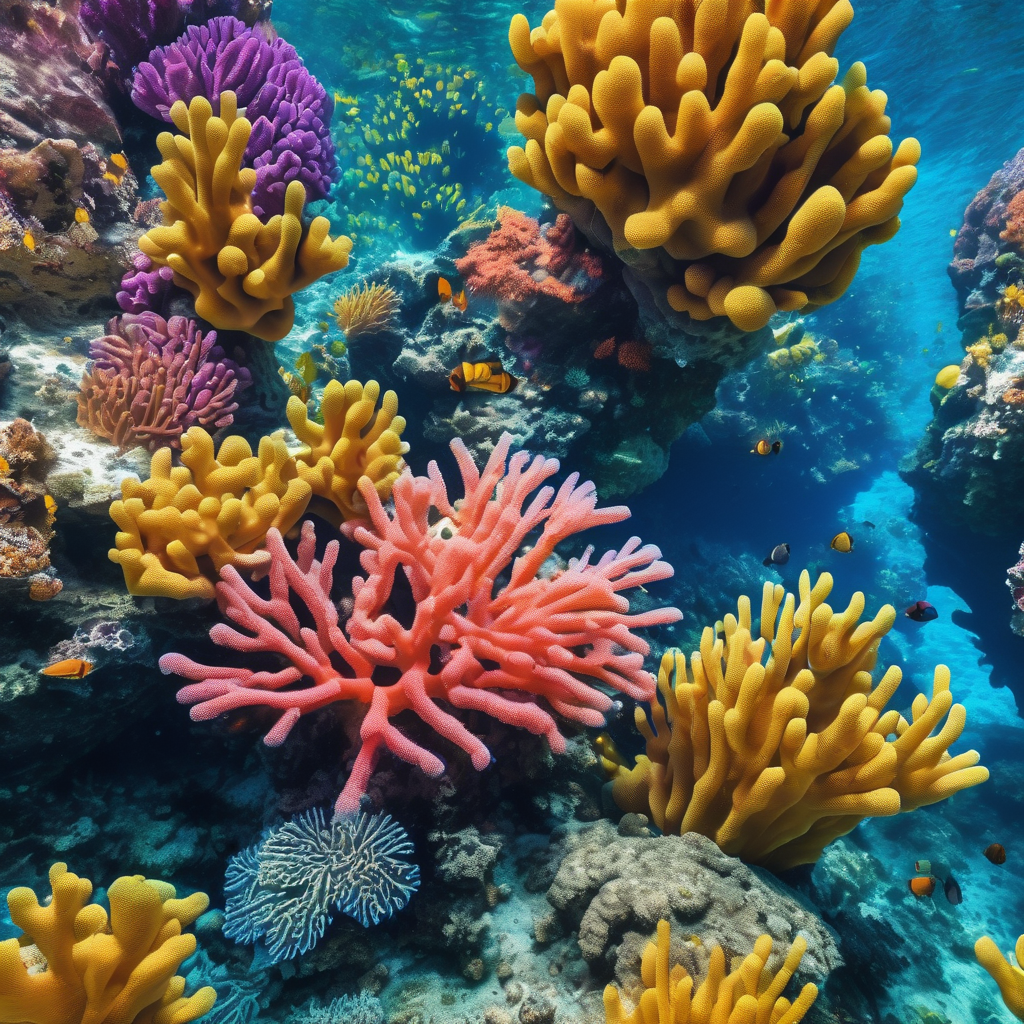A new study conducted by the Wildlife Conservation Society (WCS), in collaboration with the University of the South Pacific, has revealed the remarkable resilience of Fiji’s coral reefs following the catastrophic impact of Category 5 Tropical Cyclone Winston in 2016. Despite an average loss of over 54% of hard coral cover immediately after the cyclone, the reefs have shown significant recovery, approaching their pre-cyclone conditions within just four years.
The findings, published in the journal Coral Reefs, were derived from extensive analyses conducted across 18 reef sites before, immediately after, and four years following the cyclone. Researchers observed that the most affected coral species—primarily branching and plating Acropora—experienced a considerable reduction in cover, while rubble and turf algae increased. However, by 2020, the coral communities demonstrated notable recovery, highlighting the inherent resilience of Pacific reef ecosystems characterized by high connectivity and strong ecological foundations.
Dr. Amanda Ford, the lead researcher from the University of the South Pacific, emphasized the importance of favorable local conditions in facilitating recovery. “This study shows that even after catastrophic damage, some reefs can bounce back if local conditions are favorable,” she explained. The team’s research linked reef damage to cyclone exposure through long-term monitoring and wave modeling, revealing that sites directly in Winston’s path lost up to 91% of hard coral cover. Encouragingly, all studied sites displayed strong signs of recovery by 2020, supported by a thriving biomass of herbivorous fish and larval replenishment from adjacent reefs.
Dr. Sangeeta Mangubhai, co-author and a Pew Marine Conservation Fellow, reinforced the message of community involvement in effective coral reef management. Her comments align with ongoing efforts as Fiji develops its National Action Plan for Coral Reefs, designed to integrate scientific expertise with local knowledge to enhance marine conservation, food security, and community well-being. The National Hub for Coral Reef Conservation in Fiji facilitates this collaboration among government agencies, local communities, NGOs, and scientists, underscoring the critical role of cooperative management in safeguarding the reefs.
Paul van Nimwegen, WCS Fiji Country Director, pointed out the potential for these research findings to guide conservation investments. His organization is working alongside the Ministry of Environment and Climate Change to develop Fiji’s first National Action Plan for Coral Reef Conservation, emphasizing ecosystem-based management and marine protected areas to bolster reef resilience.
The study’s results contribute to a growing body of evidence that highlight the importance of high integrity, climate-resilient coral reef sites. Dr. Stacy Jupiter, co-author and Executive Director of the WCS’s Global Marine Programme, echoed this sentiment, stating that ecosystems starting with high integrity baselines are more capable of withstanding and recovering from severe climate shocks. In a time when reports about coral reefs often focus on their decline, this research illustrates a hopeful narrative that reinforces the potential for recovery and the necessity of continued investment in coral reef conservation amid a changing climate.
